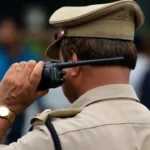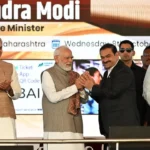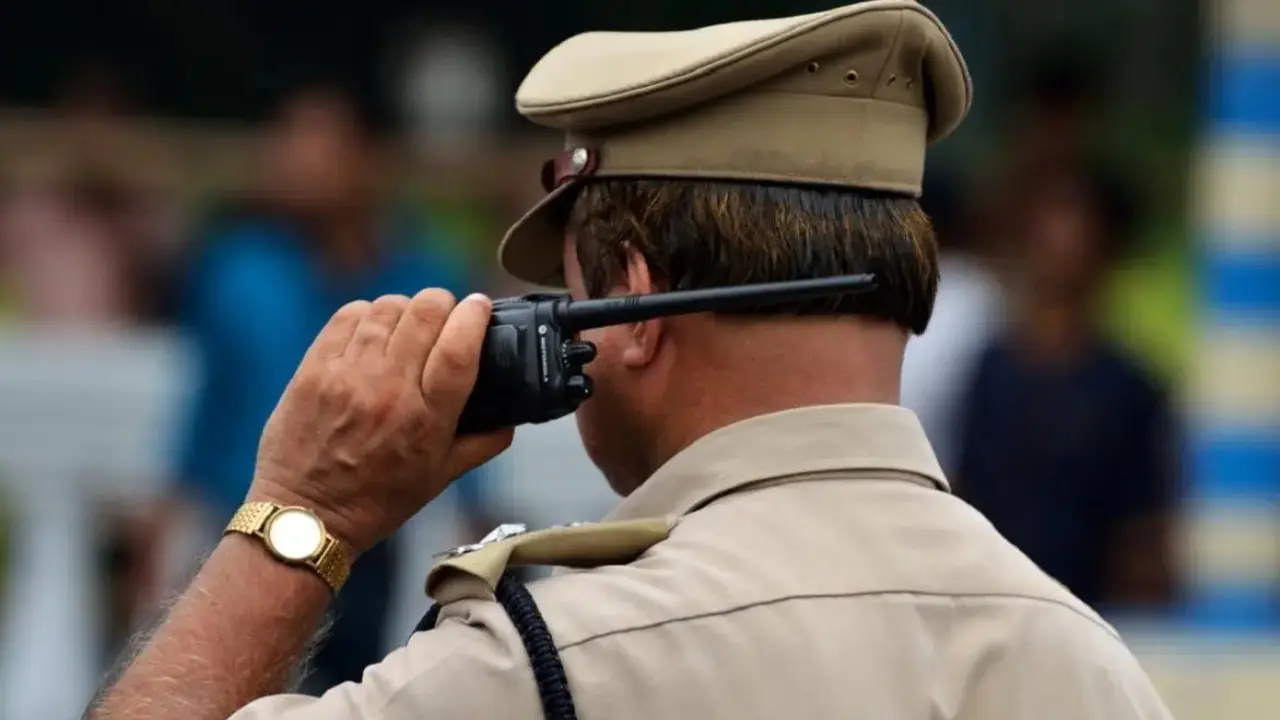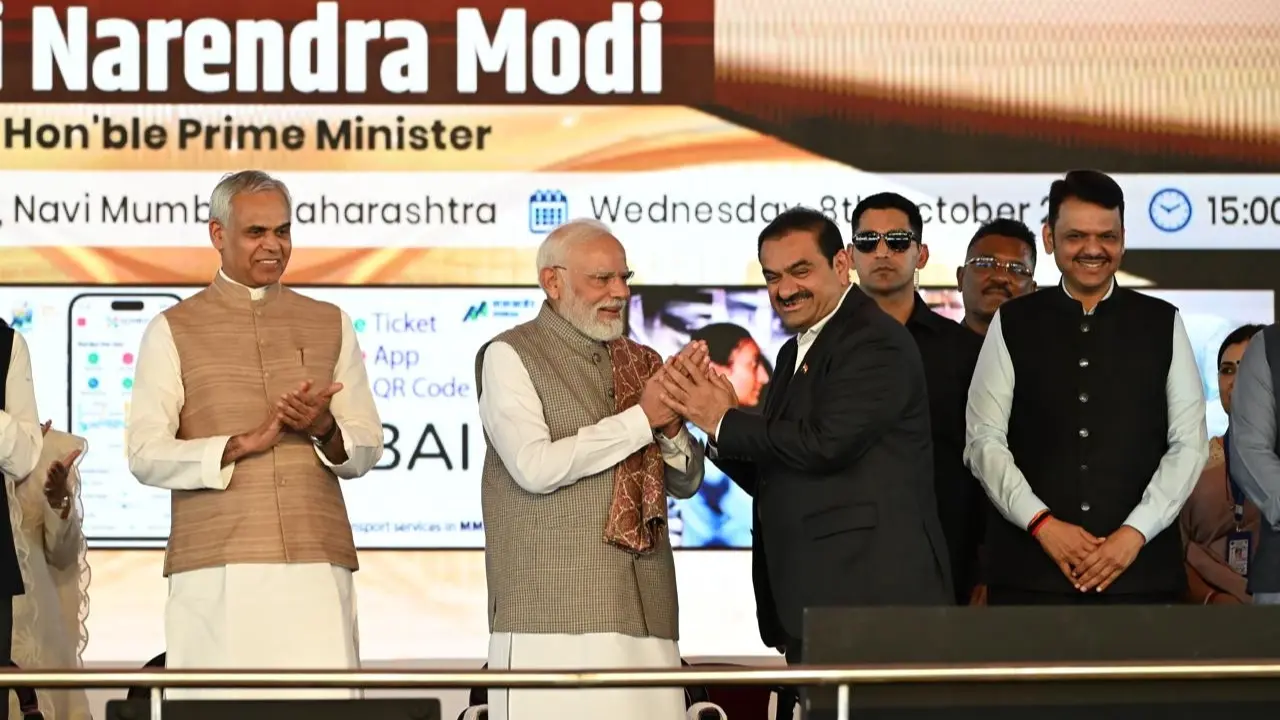Malaria cases in Mumbai have crossed over 6,000 whereas chikungunya, hepatitis numbers have rose this monsoon season, the Brihanmumbai Municipal Corporation (BMC) health report said on Tuesday, adding that there was the dengue figures have declined as compared to this time last year.
According to the Monsoon Diseases Report released by the Public Health Department of BMC, from January to September 15, 2025, Mumbai recorded-
– 6,277 malaria cases (up from 5,182 in the same period last year)
– 542 chikungunya cases (up from 366)
– 913 hepatitis cases (up from 791)
However, the number of dengue, leptospirosis, gastroenteritis, and Covid-19 cases has slightly decreased compared to the same period in 2024.
According to the BMC report, malaria and chikungunya cases have started to decline between August and September, following a similar trend observed in 2024. No significant rise in waterborne diseases like gastro and hepatitis has been recorded during this period.
The officials said that during the Ganesh festival 2025, the BMC’s Health Department conducted various public awareness campaigns. Posters and jingles were used to educate people about malaria and dengue.
Also, cleanliness drives were held in BMC hospitals and maternity homes to eliminate mosquito breeding grounds, they said.
The officials further said that the BMC also took action between September 1 to 15. It included–
– 4.74 lakh houses and over 22 lakh people were surveyed.
– 83,228 blood samples were collected for malaria contact tracing.
– 44,625 people received preventive medication for leptospirosis.
– 2,789 workplace inspections and 34 health camps were held.
– Fogging was carried out in 3.14 lakh huts and over 19,000 buildings.
– Over 11,000 dengue breeding spots were found and treated.
The Mumbai civic body issued a health advisory for citizens and advised to avoid stagnant water, which attracts mosquito breeding, use mosquito repellents and nets, especially while sleeping, wear boots and avoid walking in rainwater to prevent leptospirosis, drink boiled water and avoid eating uncovered street food, avoid self-medication and consult doctors for fever or symptoms.











